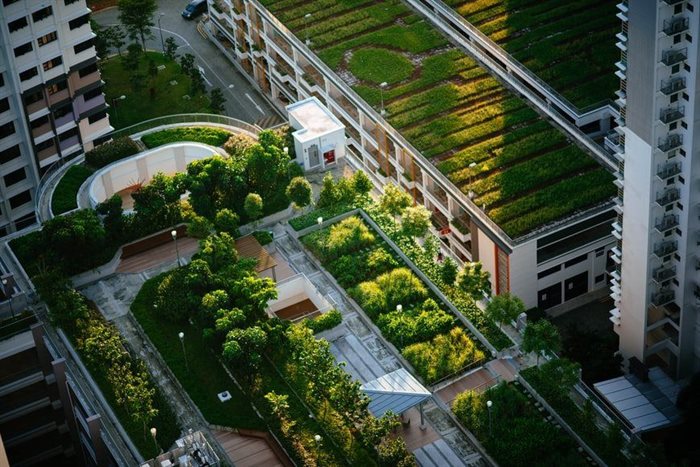
Top stories






More news














Logistics & Transport
Maersk reroutes sailings around Africa amid Red Sea constraints



This is in compliance with Notice 700 of 2020 under the National Energy Act, 1998 (Act no 34 of 2008).
Over 450 certificates have been issued to date, a fraction out of 250,000 to 350,000 buildings that still need to ensure they are compliant.
The regulations effectively make it a requirement for buildings under four categories to secure an EPC, which rates how energy efficient a building is and benchmarks the building’s performance against the National Building Regulations.
Buildings that require energy performance certification include those used for entertainment and assembly, theatrical and indoor sport, places of instruction and offices.
The criteria for compliance includes any building larger than 2,000m2 for privately-owned buildings or 1,000m2 if the building is state-owned. The building must also not have undergone any major renovations in the last two years.
Sanedi, on behalf of the DMRE, facilitates the National Building Energy Performance Register and is responsible for issuing unique EPC numbers to Sanas-accredited inspection bodies who in turn issue EPCs.
The EPC regulations form part of the goals set out in the post-2015 National Energy Efficiency Strategy (NEES), which aims to get buildings to reduce energy consumption by 16% by 2030 and make building owners aware of their building’s consumption levels.
“Improving the efficiency of buildings is becoming urgent, particularly because buildings alone contribute about 30% to 40% of the world’s carbon emissions,” Nqobile Ngcobo, EPC lead at Sanedi, says.
“Therefore, it is imperative that the government promotes energy efficiency and climate change consciousness through the measurement of buildings’ energy performance, which can then assist the building owner or accounting officer in implementing energy-efficiency interventions.”
The regulations follow the launch the DMRE's Energy Efficiency in Public Buildings and Infrastructure Programme (EEPBIP) which commenced in 2019 and endeavours to reduce greenhouse gas emissions in the country by fostering energy efficiency transformation.
Besides making accounting officers and building owners aware of energy consumption, the benefit seeks to translate into future energy cost savings and a reduced reliance on the national grid.
According to the regulation, an EPC must be both displayed at the entrance of a building and a certified copy of the EPC must be submitted by either the accounting officer or a building owner to Sanedi within three months from the date of issue.
For EPC submissions, email az.gro.idenas@noissimbusCPE.